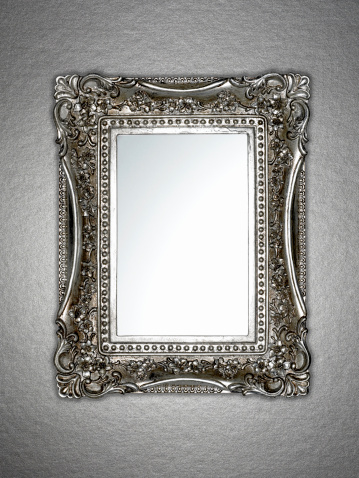
1) Your “feared self.”
Via Brandwashed: Tricks Companies Use to Manipulate Our Minds and Persuade Us to Buy:
In a surprising 2008 study, researchers at the University of Bath, UK, found that the fear of failure drives consumers far more than the promise of success; the latter oddly tends to paralyze us, while the former spurs us on (and pries open our wallets). In fact, as the study found, the most powerful persuader of all was giving consumers a glimpse of some future “feared self.”
And:
As Slate aptly pointed out, “Dove’s empowerment-via-shame marketing approach for Go Sleeveless has its roots in advertising techniques that gained popularity in the 1920s: a) pinpoint a problem, perhaps one consumers didn’t even know they had; b) exacerbate anxiety around the problem; c) sell the cure.” Among the many “feared selves” that have been historically planted by marketers, the article cites such concerns as “bad breath,” “smelly underarms,” and “the many troubles down there.”
2) Your “ideal self.”
Via Brandwashed: Tricks Companies Use to Manipulate Our Minds and Persuade Us to Buy:
…marketing strategies centered on celebrity do the exact opposite: they appeal to fantasies about our idealized future selves.
And:
An interesting study carried out by researchers at Duke University’s Fuqua School of Business and Canada’s University of Waterloo found that even fleeting exposure to an established brand—like Apple or Coke—can actually cause us to take on the behaviors championed or represented by those brands. For example, just being exposed to an Apple logo, a brand widely associated with creativity, made people think more imaginatively. So, since celebrities are fabulous, can’t exposure to their brands cause some of that same fabulousness to rub off on us, too? There’s no question that slathering on a movie star–endorsed face cream, perfume, or eye shadow makes us feel that much closer to our favorite celebrity and everything about that celebrity we envy. We carry him or her with us all day. And in turn, we adopt his or her values and attributes, too—his or her swagger, attitude, talent, individuality, coolness, or allure. In short, in effect we become that celebrity—in the deeper recesses of our brains, at least.
Join over 180,000 readers. Get a free weekly update via email here.
This piece originally appeared on Barking Up the Wrong Tree.
Related posts:
New Harvard Research Reveals A Fun Way To Be More Successful
More Must-Reads from TIME
- Donald Trump Is TIME's 2024 Person of the Year
- Why We Chose Trump as Person of the Year
- Is Intermittent Fasting Good or Bad for You?
- The 100 Must-Read Books of 2024
- The 20 Best Christmas TV Episodes
- Column: If Optimism Feels Ridiculous Now, Try Hope
- The Future of Climate Action Is Trade Policy
- Merle Bombardieri Is Helping People Make the Baby Decision
Contact us at letters@time.com